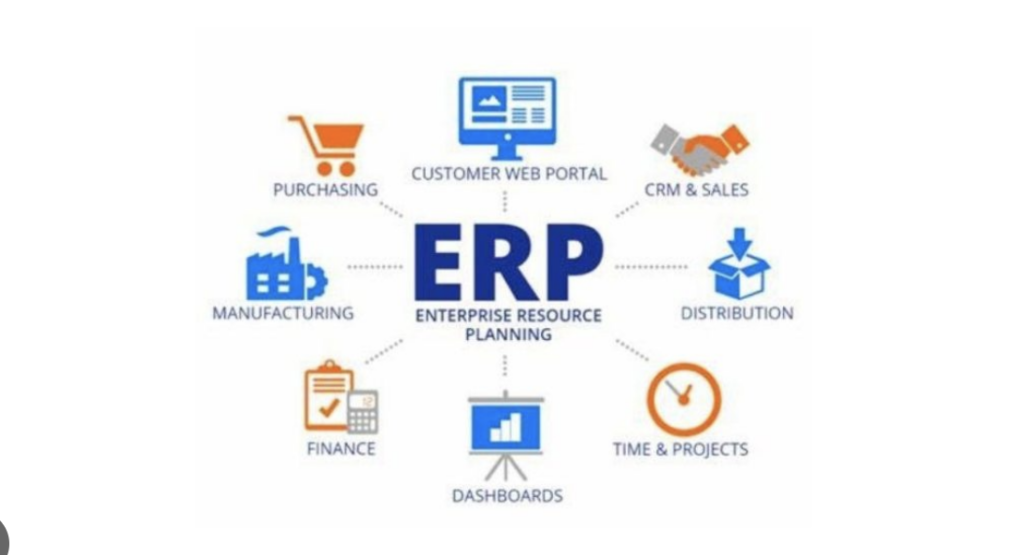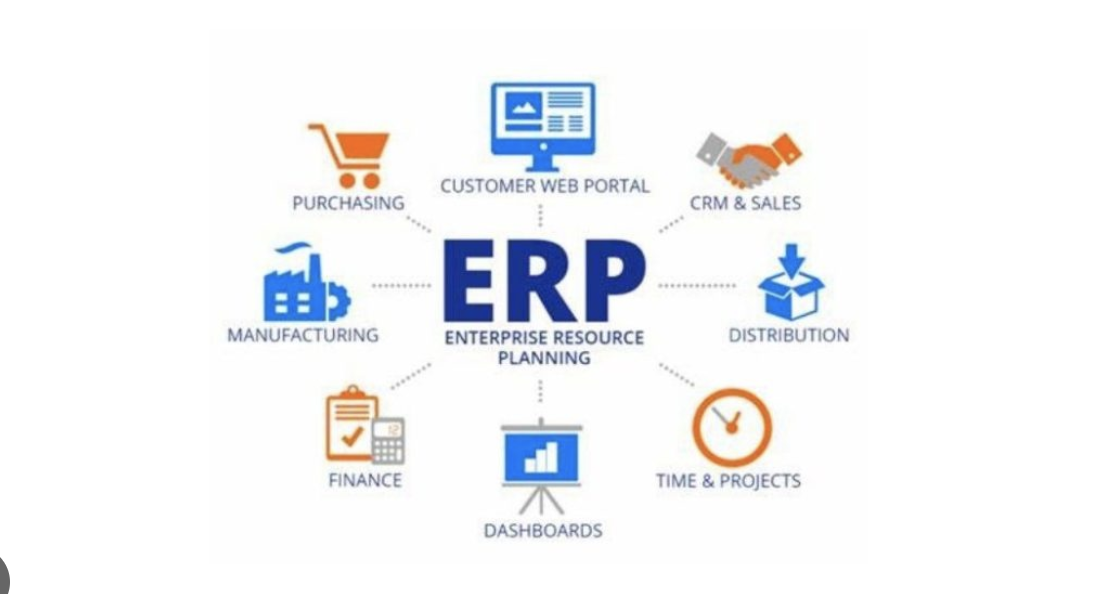Breaking Barriers ERP System
Introduction to ERP Systems
In today’s fast-paced and competitive business landscape, enterprises rely on sophisticated technological solutions to streamline operations and ensure optimal performance. Enterprise Resource Planning (ERP) systems have emerged as a critical tool for businesses to integrate various functions, processes, and data into a unified platform. However, despite the myriad benefits, the implementation of ERP systems often encounters numerous challenges that hinder their full potential.

Understanding Barriers in ERP Implementation
Identifying Common Challenges
While ERP systems promise enhanced efficiency and streamlined processes, their implementation can be complex and challenging. Common hurdles include resistance to change, lack of adequate training, integration issues, and data security concerns.
Impact of Barriers on Business Operations
When barriers impede the smooth adoption of ERP systems, businesses experience disruptions in their day-to-day operations, leading to reduced productivity, inefficient processes, and a compromised ability to leverage data for informed decision-making.
Breaking Down the Barriers
To harness the true power of ERP systems, businesses must proactively address the obstacles that hinder their successful implementation.
Importance of Change Management
Effective change management strategies are paramount to ensure smooth transitions and foster a positive attitude toward the adoption of new technologies.
Emphasizing Training and Education
Comprehensive training programs and educational resources play a pivotal role in empowering employees to utilize the ERP system effectively, maximizing its potential within the organization.
Leveraging User-friendly Interfaces
Intuitive and user-friendly interfaces facilitate seamless interaction with the ERP system, encouraging widespread adoption and minimizing the learning curve for employees.
Customizing Solutions to Fit Organizational Needs
Tailoring ERP solutions to specific business requirements ensures that the system aligns with the unique processes and workflows of the organization, enhancing its overall effectiveness and efficiency.
Benefits of a Successful ERP Implementation
Enhanced Operational Efficiency
A successfully implemented ERP system streamlines operations, optimizes processes, and eliminates redundant tasks, leading to enhanced productivity and overall efficiency.
Streamlined Communication and Collaboration
By centralizing data and facilitating seamless communication across departments, ERP systems promote collaboration and enable efficient decision-making, fostering a more cohesive and interconnected work environment.
Improved Data Management and Analysis
ERP systems provide a comprehensive overview of business data, enabling organizations to make informed decisions based on real-time insights and analytics, thereby fostering a data-driven approach to strategic planning.
Case Studies: Overcoming ERP Implementation Challenges
Several enterprises have successfully navigated the challenges of ERP implementation, showcasing the transformative power of addressing barriers through strategic planning, effective training, and robust change management practices.
Future Trends and Innovations in ERP Systems
As technology continues to evolve, ERP systems are expected to incorporate advanced features such as artificial intelligence, machine learning, and predictive analytics, further enhancing their capabilities and providing businesses with unparalleled insights for strategic decision-making.
The Human Side of Breaking Barriers in ERP Systems
Embracing the human element within ERP implementation is crucial for fostering a positive and adaptive organizational culture that embraces change and technological advancement.
Championing Organizational Culture Shifts
Leadership plays a pivotal role in cultivating a culture that is receptive to change and encourages innovation, fostering an environment where employees feel empowered and valued.
Adapting to Technological Evolution
Continuous adaptation to technological advancements ensures that businesses remain agile and competitive, leveraging the latest tools and features to optimize their operations and drive sustainable growth.
Fostering Collaboration and Communication
Open channels of communication and collaboration within the organization facilitate the exchange of ideas, feedback, and best practices, fostering a culture of continuous learning and improvement.
Empowering Employees Through Training
Investing in employee development and providing comprehensive training programs fosters a skilled workforce capable of leveraging the full potential of ERP systems, contributing to the overall success of the organization.
Cultivating a Proactive Approach to Change Management
Anticipating and addressing potential challenges proactively enables businesses to navigate the complexities of ERP implementation effectively, minimizing disruptions and maximizing the benefits of the system.
Incorporating User Feedback for Continuous Improvement
Valuing and incorporating user feedback and suggestions into the ongoing development and refinement of the ERP system fosters a sense of ownership and engagement among employees, ensuring that the system remains aligned with evolving business needs.
Sustaining a Successful ERP Ecosystem
Continued monitoring, evaluation, and periodic updates are essential to ensure the sustained effectiveness and relevance of the ERP system within the dynamic landscape of the modern business environment.
Conclusion: Embracing the Power of Adaptive ERP Systems
In an era defined by rapid technological advancements and evolving business landscapes, the successful implementation of ERP systems hinges on the ability of organizations to embrace change, prioritize employee empowerment, and foster a culture of continuous improvement and innovation. By breaking down barriers through strategic planning, comprehensive training, and proactive change management, businesses can unlock the full potential of ERP systems and drive sustainable growth and success.
FAQs
- How long does it typically take to implement an ERP system? The timeline for ERP implementation varies depending on the size and complexity of the organization, but it generally ranges from several months to a year or more.
- How do businesses ensure data security within an ERP system? Data security measures within an ERP system often include encryption, access controls, regular security audits, and compliance with industry-specific regulations.
- What are the most common challenges faced during ERP system upgrades? Some common challenges during ERP system upgrades include data migration issues, system compatibility, and disruptions to ongoing business operations.
- How does an ERP system contribute to cost savings for businesses? By streamlining processes, reducing manual tasks, and providing insights for informed decision-making, ERP systems contribute to operational efficiency, ultimately leading to cost savings.
- What role does user feedback play in the continuous improvement of an ERP system? User feedback serves as a valuable source of insight for identifying areas of improvement, addressing user needs, and refining the functionality of the ERP system to better align with business requirements and goals.

